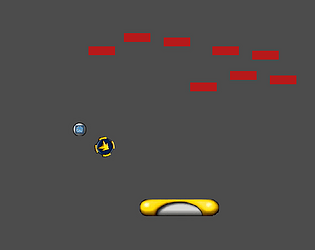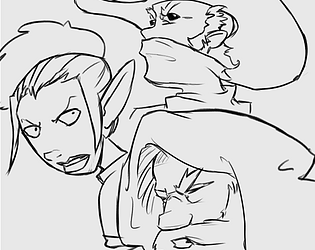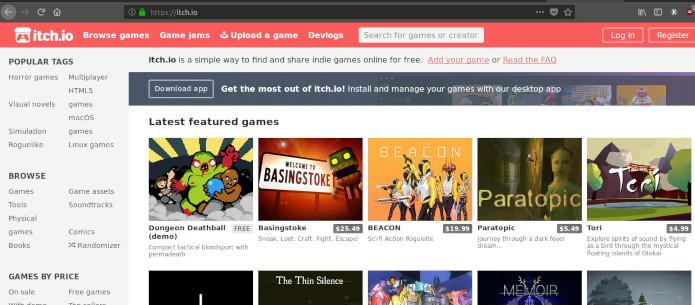<style type="text/css"> p, li { white-space: pre-wrap; } </style>clip: https://i.imgur.com/MXFyP4j.mp4
This update was dedicated to actual level design! the current workflow is really time consuming considering I am also learning: lot of work done didn't make it to the final result. In the end I wasn't able to add that much other than an additional draft level (now three actual level plus one intro/tutorial) but my workflow is improving, soon I will (I hope) able to deliver more frequent level updates.
Meanwhile, as you can see from the cover preview, I did manage to make the light system work. ATM the only light source is the heroine herself, I am still exploring performance issue may come if adding too much stuff: I am using an old Intel Celeron and I need the game to run as much as smooth possible to figure out what its fun and what not.
The cave level (3rd one) is a bit empty by now; I've still do manage to draw all the props needed to enrich the environment, so I may not prioritize this this by now and try to focus on more actual gameplay contents (level or features).



















